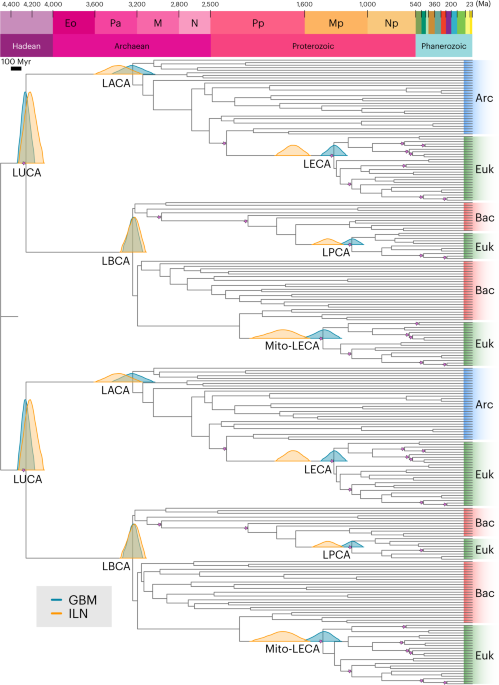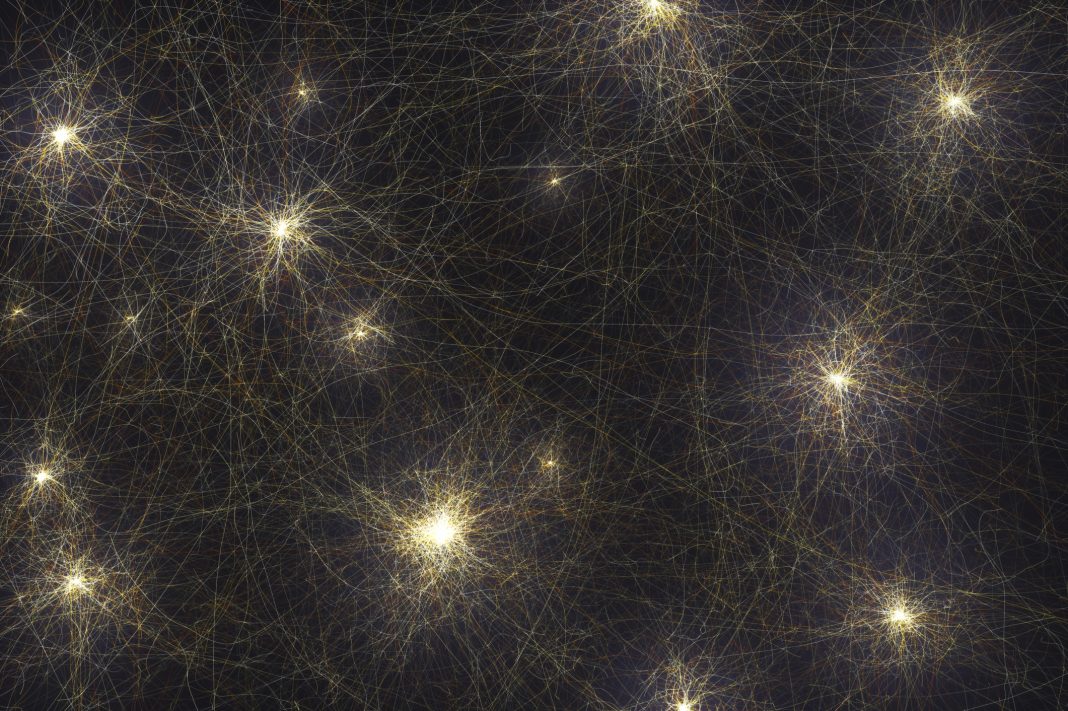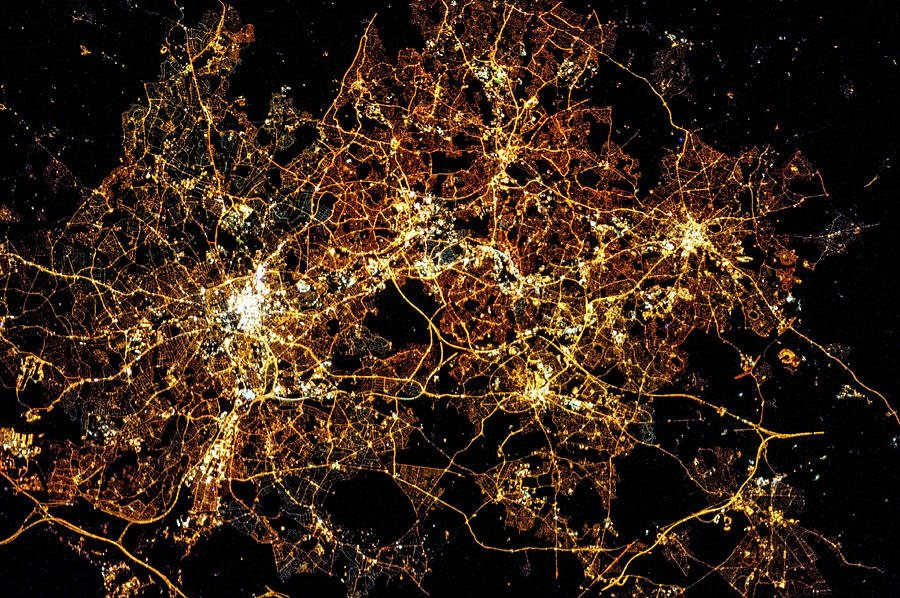God favours octopodes over us?
Unless you're a pirate. I believe God favors pirates even above many-armed noodly creatures. Unless, of course, we're talking about octopus pirates. They have to be at the top of the heap.
But the "why"... the why of it all*. The "how" is fascinating, but the why is as far more scintillating as it is unreachable knowledge.
Asking, "Why?" makes some fundamental assumptions that lead us back earlier than the beginning. Taking the atheists' position that everything was random, chance, and simply physical science, allows us to stop before the back of the first turtle. We can assign a word like "Singularity" as a place holder, to put a pin in the question of what came before the beginning.
We choose a non-descript word that basically means, "We don't know," to give the first event a name, then we can point to that name and act like we do know. In the beginning was the Word.
To draw some analogies between science and consciousness (Intelligent thought with purpose), In the beginning was the Void. The void is traditionally described as chaos, nothingness, indescribable, without form or definition. These are concepts for what was before the World. Most religions and metaphysical traditions describe such a state before everything. Here is the tricky part.
What, how, and why (where and when are obvious, at least by definition) are described by every tradition, except science and the Abrahamic religions, as some form of 'desire'. Before Creation, there was desire. Desire can be considered implied in the Abrahamic religions because we assume God chose to create the Universe for some desire of his own.
Scientifically, desire can be analogous to a vacuum, a sort of cosmic hole or, perhaps more appropriately, a low pressure. Everything that flows, moves naturally from high pressure to low pressure. What if there was an all encompassing vacuum? The perfect vacuum. Now, we know highs and lows are only relative. When there is no high, there can be no low, no 'anything' means no vacuum. Put two plunger together and they stick together like glue until you remove all the air around them. Then they fall apart. But what if the vacuum was absolute and there was no outside, no around them? Could there be this natural compulsion, need, desire to fill that vacuum? Consider that this state has more than an eternity of eternities to suffer its desire for something to fill the void. It would take forever and, at the same time, happen instantaneously.
Time starts because it's time for time to start. It's so short lived. It's a snap in an instant. There is no relative dimension to this nano-instant of time. It's over and another eternity of eternities of nothing. But, within that infinitesimal instant, all the Universe explodes into being. The Singularity is fed up with suffering the desire to be.
God said, "Let there be light," and there was light. God then separated the light from the dark and there was day and night.
This phrasing is very specific in its absence of the use of the word 'create'. Was anything actually created, or was it simply defined and assigned a symbol, a word? Remember, it was very important that God brought all the animals before Adam so that he could name them. Why? God made Adam (human kind) in his own image. But, does that mean physical image, or perhaps he gave Adam the ability to name things so that humans can do as he had done and bring forth form to the Void.
What I'm talking about is more of an awakening, than a creating. Is the Universe expanding, or is it simply waking up and imposing order on more and more of the chaos? It is a high falling out, into the void. But maybe it includes consciousness.
If we consider our own consciousness as a result of some specific complex physical configuration manifesting as awareness, why not a consciousness that results from the vastly more complex physical state that encompasses every one of us who are aware? We, like the individual bees in a hive, or the neurons in a brain that are the foundation of our minds, are just a collection of vastly more numerous nodes in a larger mind. What we think and consequently turn into action, the Universe must experience the consequences. Physics says those consequences WILL result in a reaction. Does that not sound like the mechanics of a brain?
The 'why', more likely than not, came after. Desire came first.
-Will
 )
)

 Well, it was so big...
Well, it was so big... 
 )
)

 Well, it was so big...
Well, it was so big... 








